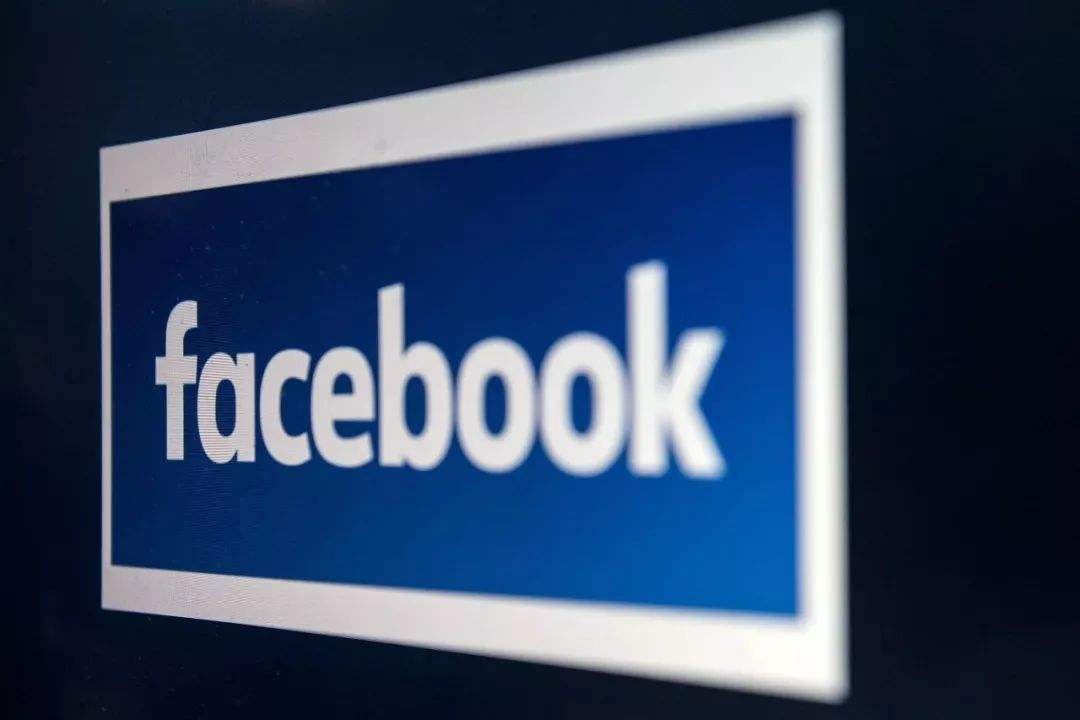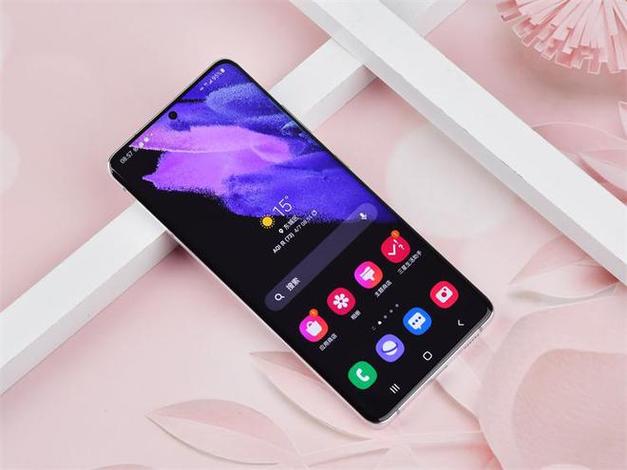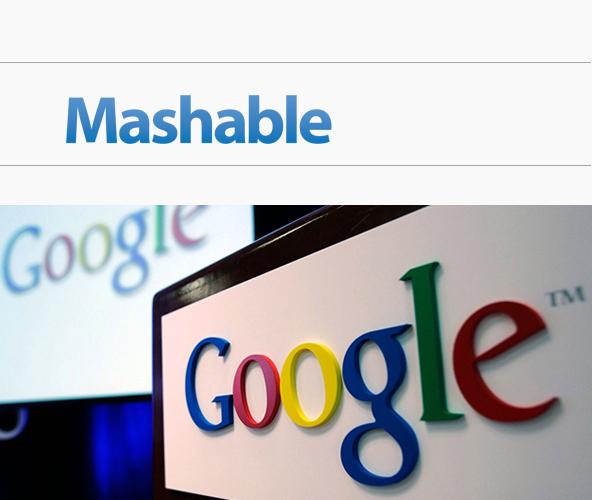Facebook Employees Admit Reading Private Chats, Sparking Privacy Outrage. Internal sources confirm Facebook workers accessed user conversations without permission. This practice contradicts the company’s public privacy promises. These employees reportedly monitored private messages. They did this for various reasons.
(Have Your Chats Been Peeped At? Facebook Employees Reveal Surveillance Secrets)
Some accessed chats to investigate potential policy violations. Others reportedly viewed conversations for product testing purposes. Several sources claim personal curiosity motivated some snooping. The scale of this access remains unclear. It happened across Facebook Messenger and Instagram Direct.
The revelation comes from multiple current and former employees. They spoke anonymously fearing retaliation. Their accounts describe a system allowing broad internal access. Employee oversight was reportedly minimal. Logging of such access was inconsistent.
This news directly challenges Facebook parent company Meta’s assurances. Meta consistently states only automated systems scan messages. The company claims human review requires strict legal justification. These employee admissions suggest widespread human reading. This occurred outside narrow legal processes.
Privacy advocates reacted with immediate alarm. They call this a massive breach of user trust. Users expect private messages to stay truly private. Knowing employees might casually read them is deeply unsettling. Legal experts see potential regulatory trouble. Laws like GDPR mandate strict data access controls.
(Have Your Chats Been Peeped At? Facebook Employees Reveal Surveillance Secrets)
Meta has not directly denied the employee accounts. A company spokesperson issued a brief statement. The statement emphasized Meta’s “robust” controls. It promised investigation into the specific claims. The spokesperson stressed Meta’s commitment to user privacy. Trust in the platform is now severely tested. Millions rely on Facebook Messenger and Instagram Direct daily. This incident raises fundamental questions about internal security. Users wonder who else might see their supposedly private words.







